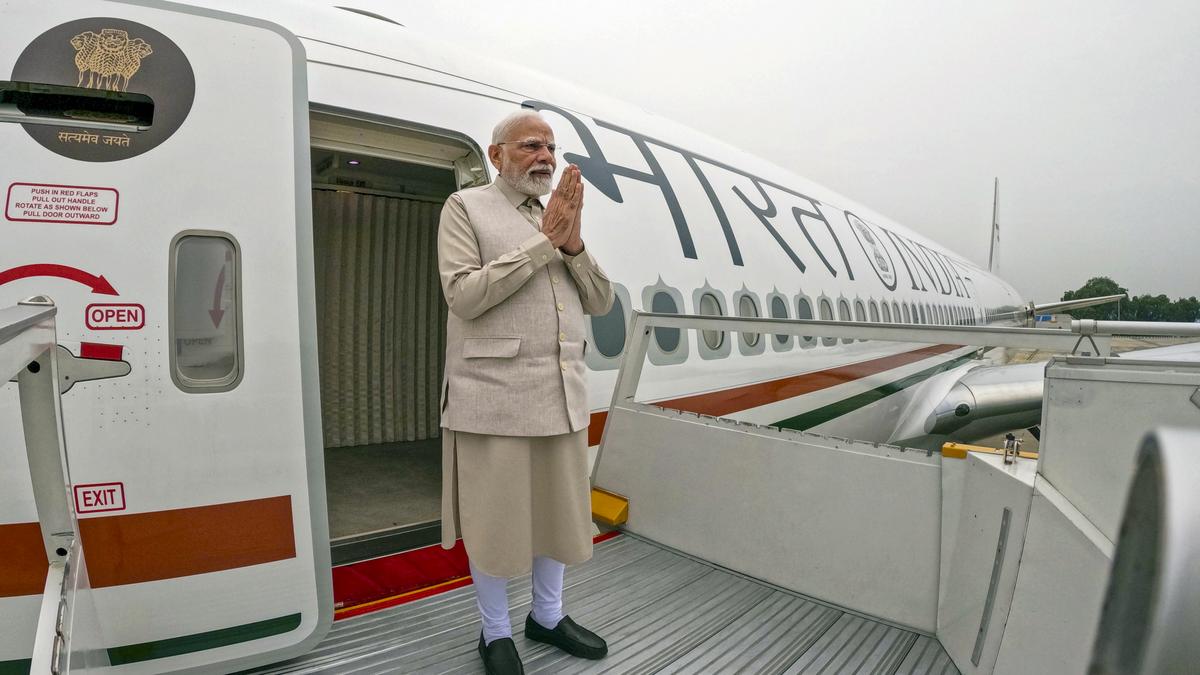If you are a British or Irish citizen and you also hold citizenship of another country, you may be used to being able to travel to the UK using the passport or ID card of that country.
United Kingdom
Immigration
To print this article, all you need is to be registered or login on Mondaq.com.
If you are a British or Irish citizen and you also hold
citizenship of another country, you may be used to being able to
travel to the UK using the passport or ID card of that country.
However, due to the recent introduction of the UK’s Electronic
Travel Authorisation (ETA) scheme, you’ll need to ensure you
travel on a UK or Irish document from 2026.
What is changing from 2026?
The ETA scheme has been introduced with an implementation
period, during which the scheme is not being fully enforced. The
Home Office recently advised the Immigration Law Practitioners’
Association that the implementation period is due to end in
2026.
Once the implementation period ends[PH1] , if you hold British or Irish
citizenship plus any other citizenship, you will only be able to
travel to the UK on the following documents:
- A valid British passport;
- A valid Irish passport; or
- A valid passport for another country you are a citizen of,
containing a certificate of entitlement to the right of abode in
the UK.
If I’m affected, what should I do now?
To minimise the possibility of travel disruption, we would
suggest making an application for one of the above documents during
2025. Doing so will avoid the anticipated surge in applications
once the implementation ends, as well as the annual Spring peak in
passport applications ahead of summer travel.
Why can’t I keep using my non-British/Irish passport and
get an ETA?
UK government advice states that if you are a British or
Irish citizen, you are not eligible for an ETA. This means you
should not apply for one, even if you hold an additional
ETA-eligible nationality.
Reminder: what is an ETA?
An ETA is digital permission to travel to the UK for short stays
of up to six months. It applies where a traveller’s nationality
is included on the ETA national list and they do not already have
any existing UK immigration or nationality status. This list
includes EEA citizens, Americans and other non-visa nationalities.
For further information on ETAs, see our earlier article, UK ETAs: Who needs one and when.
The content of this article is intended to provide a general
guide to the subject matter. Specialist advice should be sought
about your specific circumstances.


